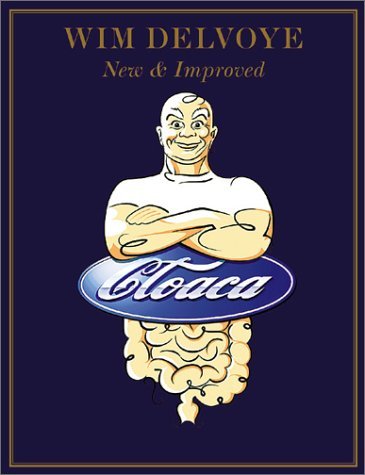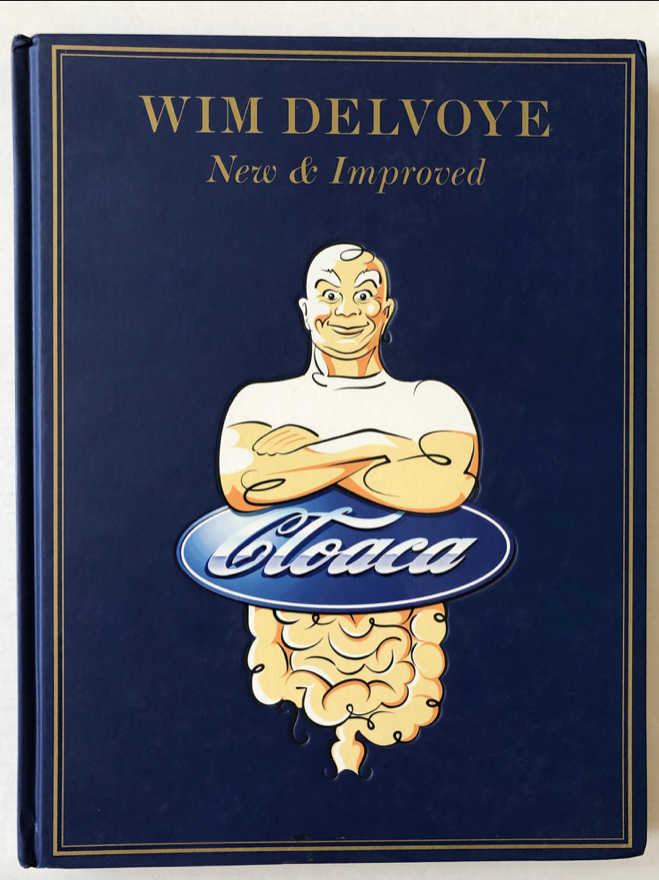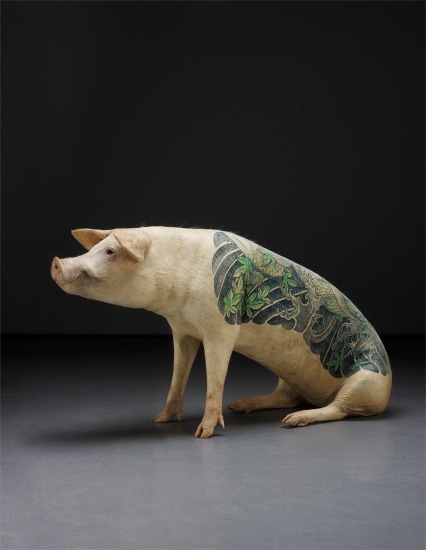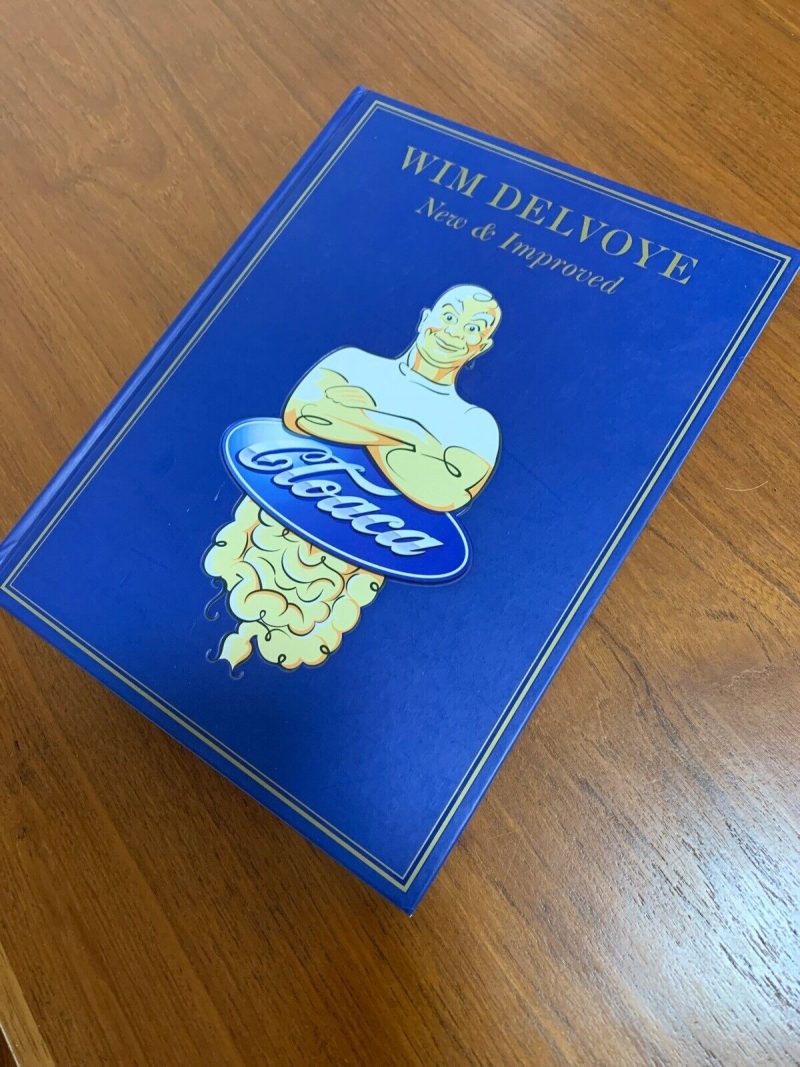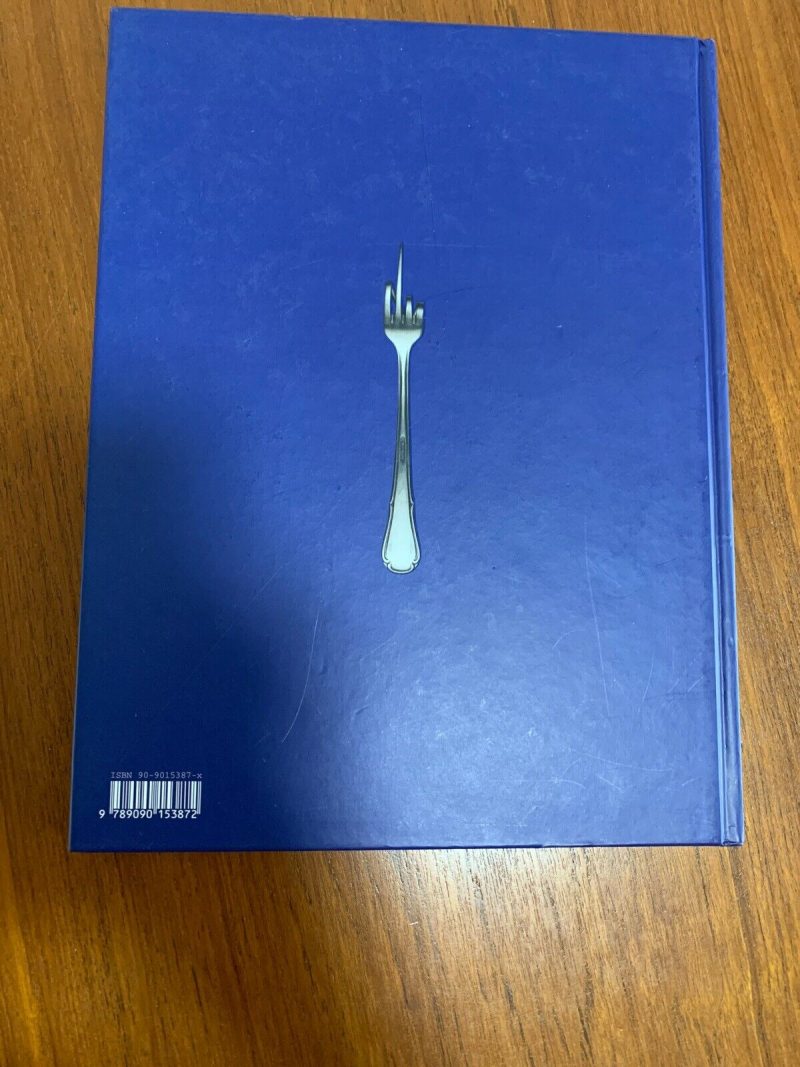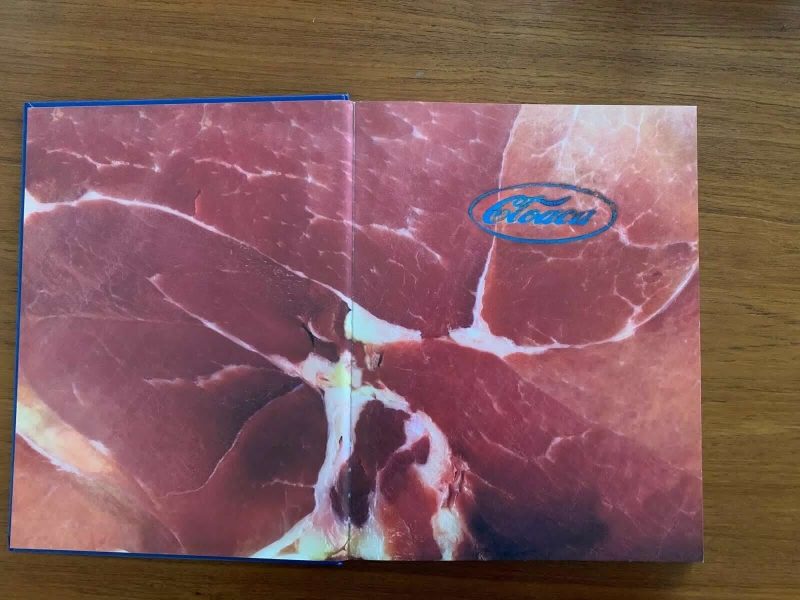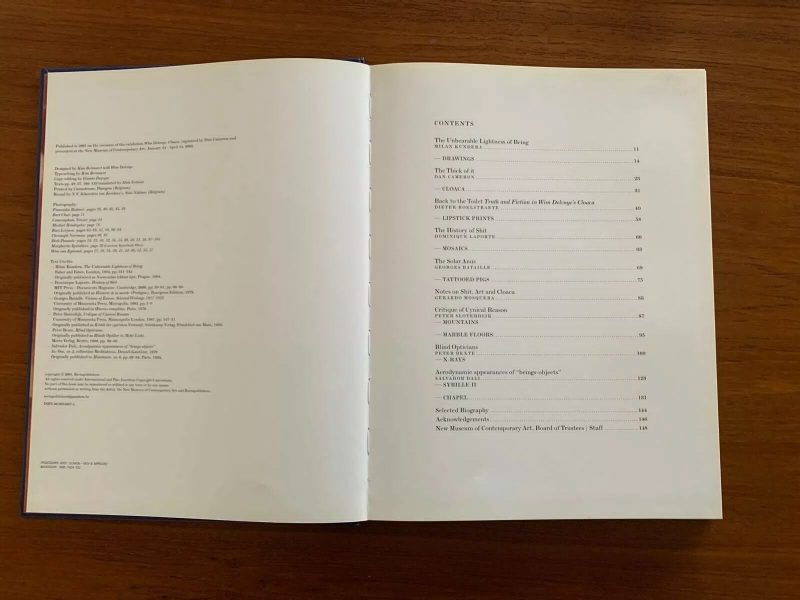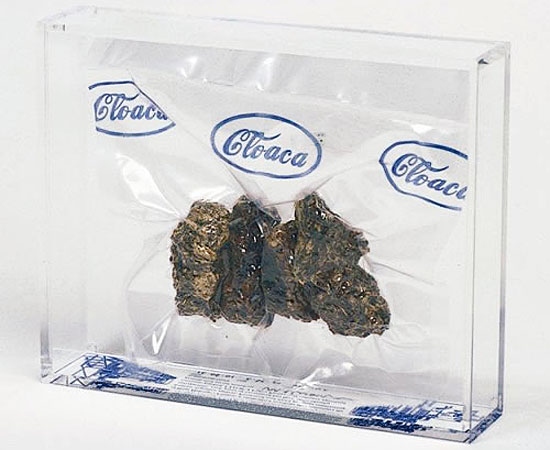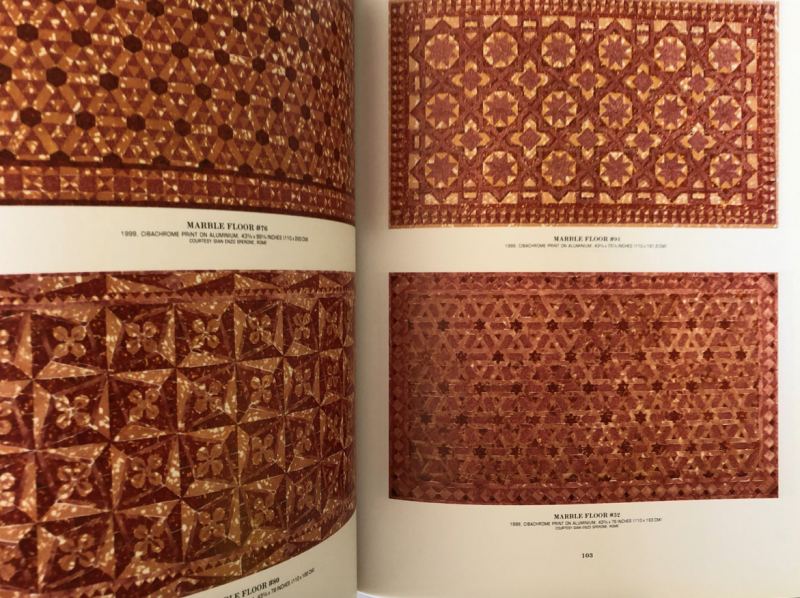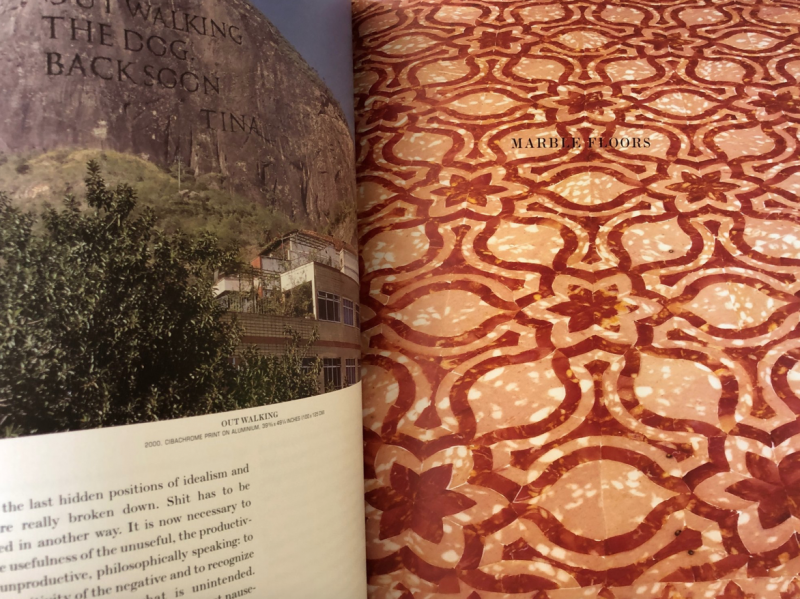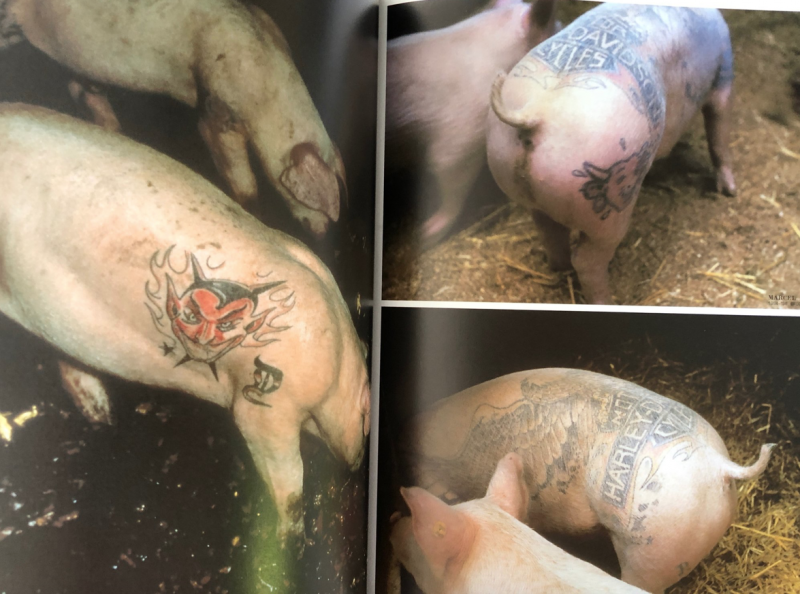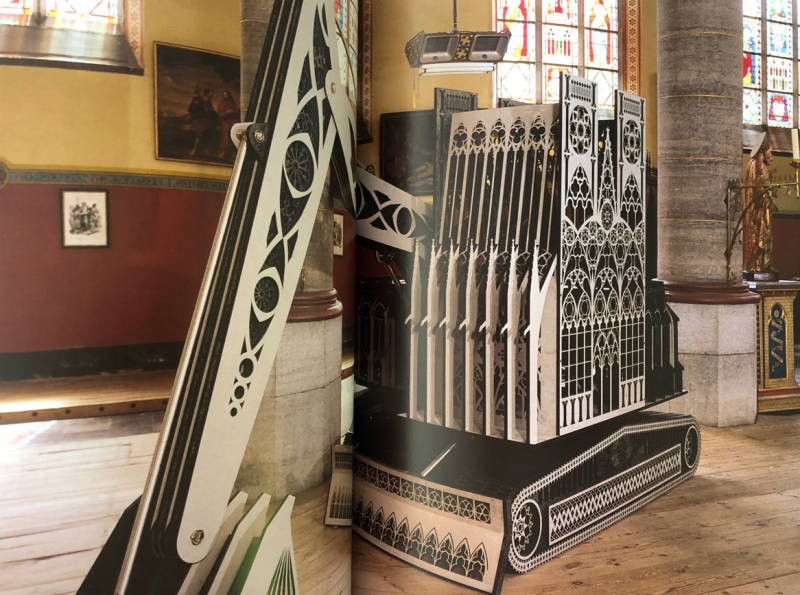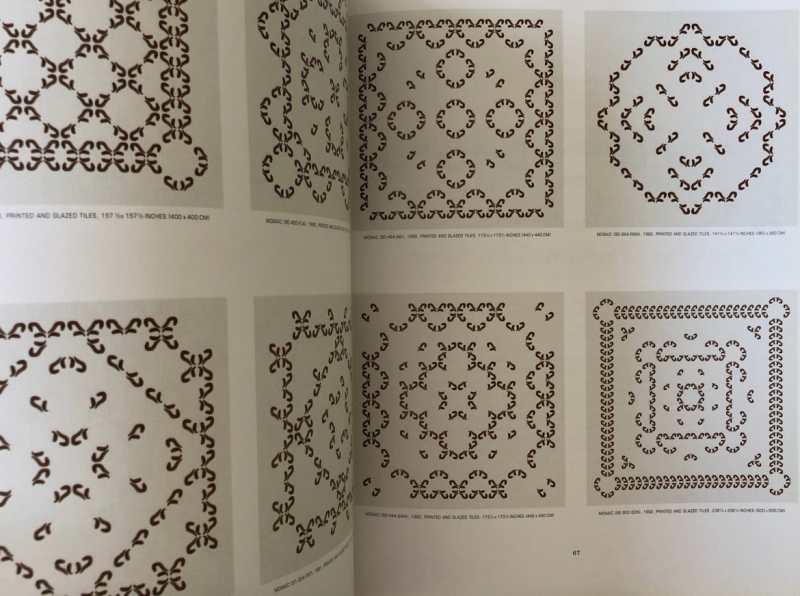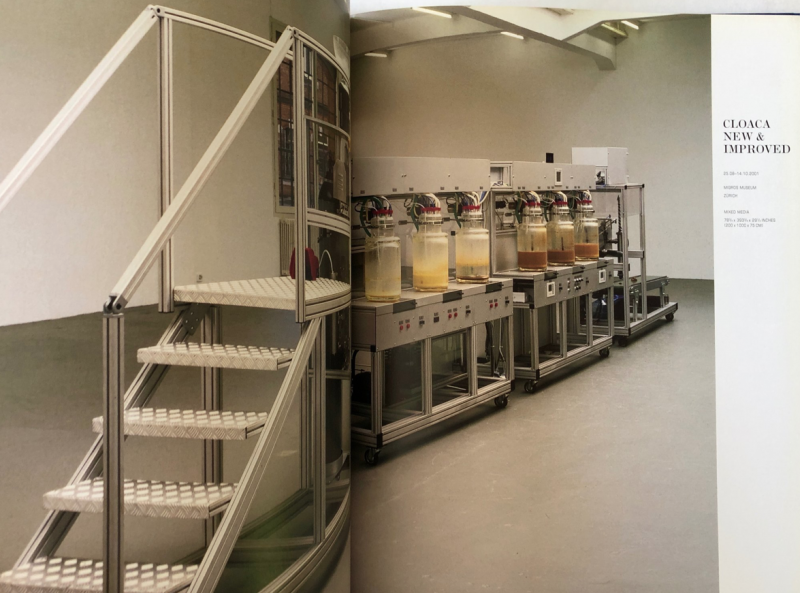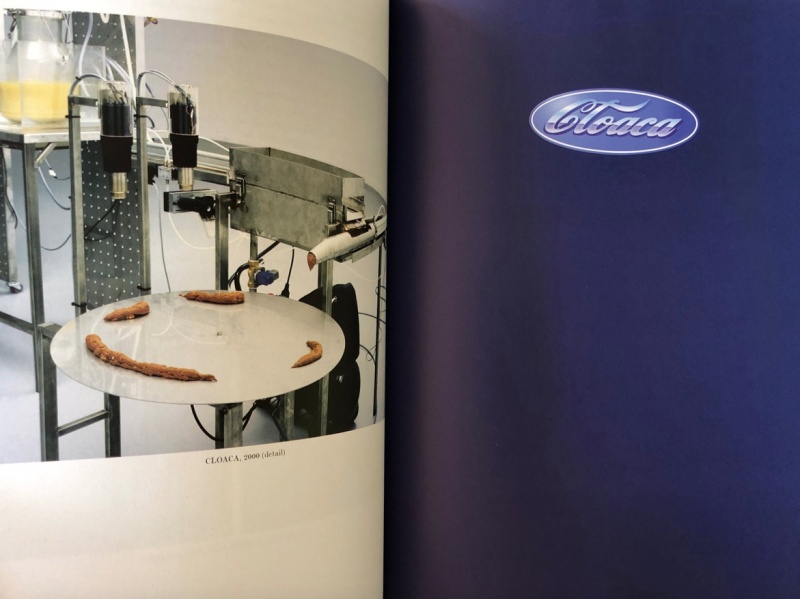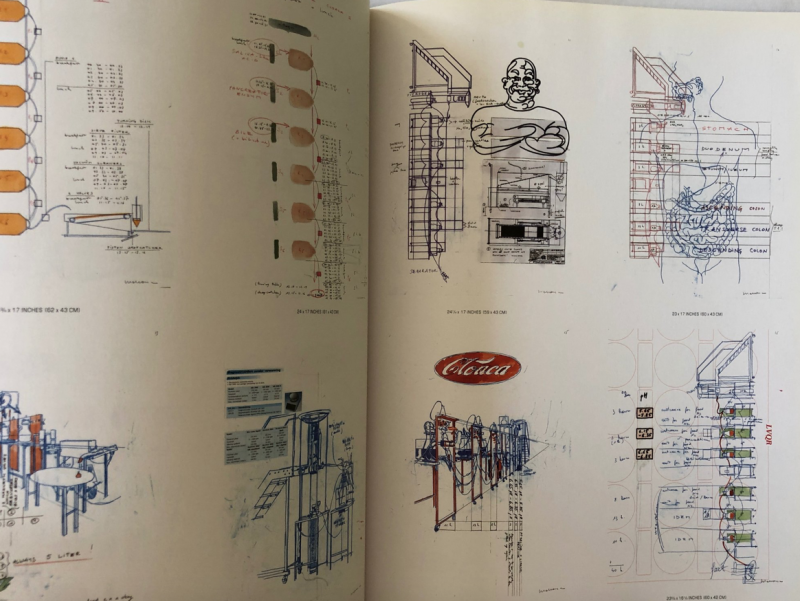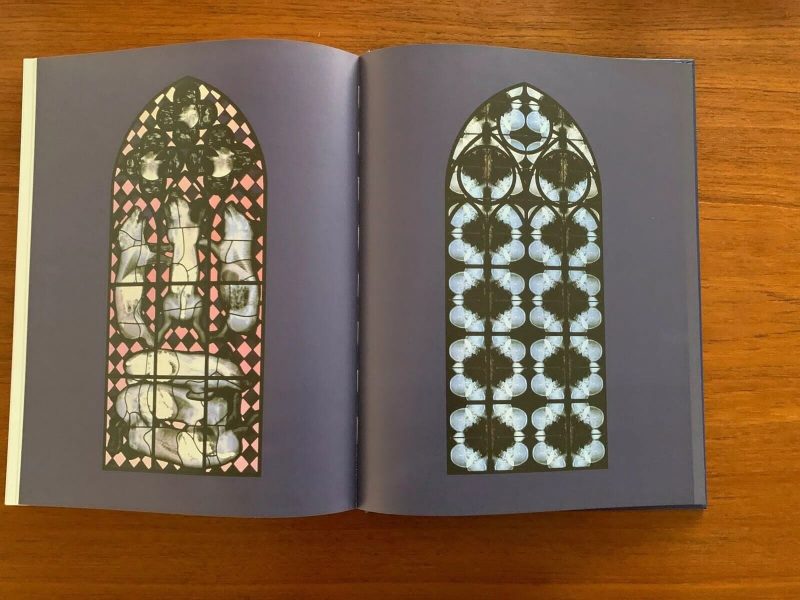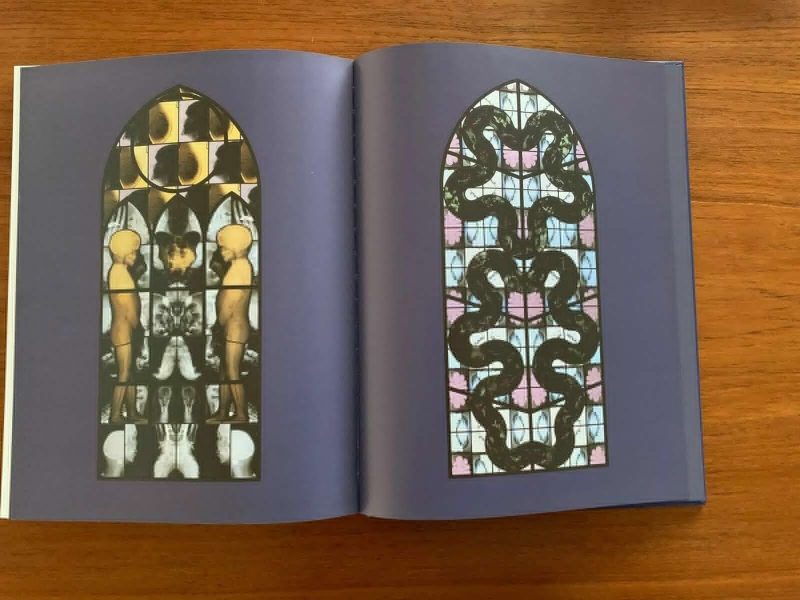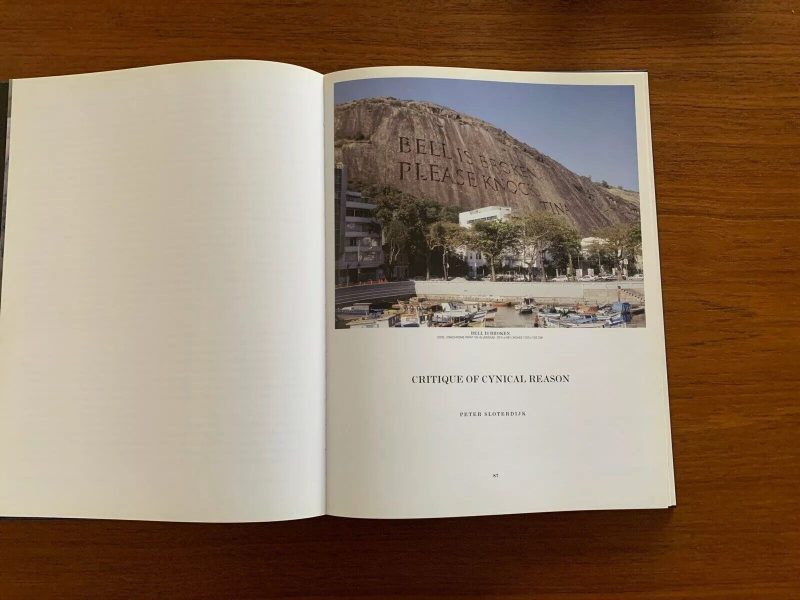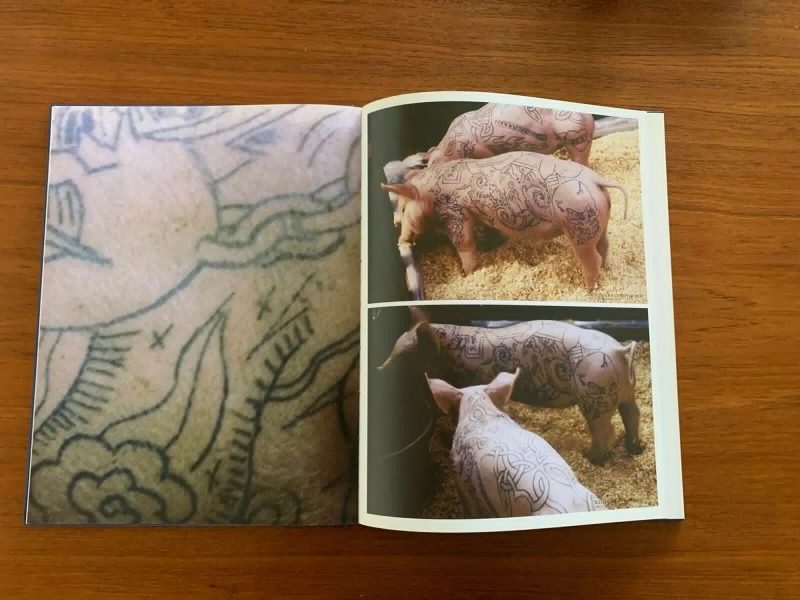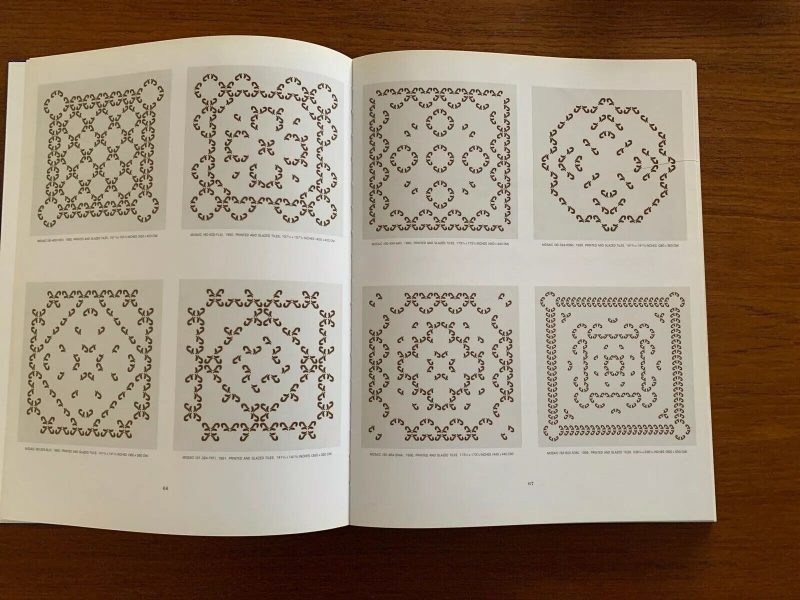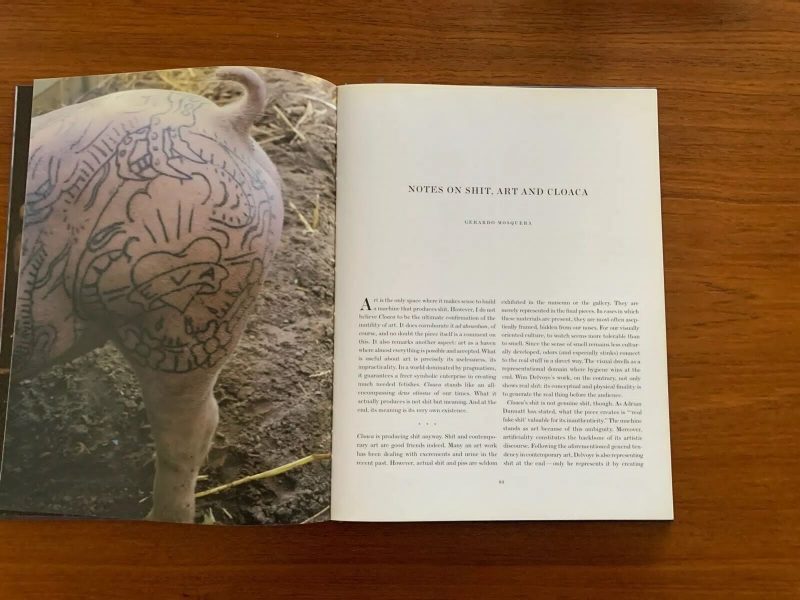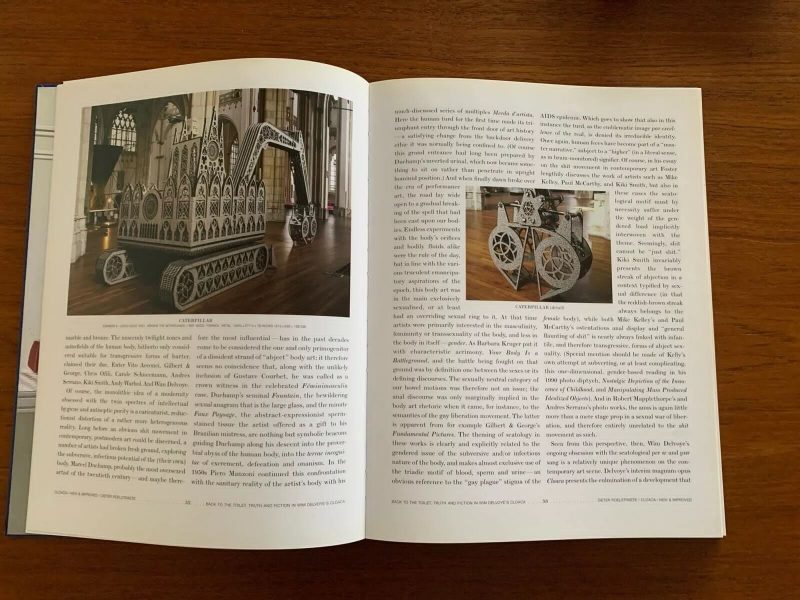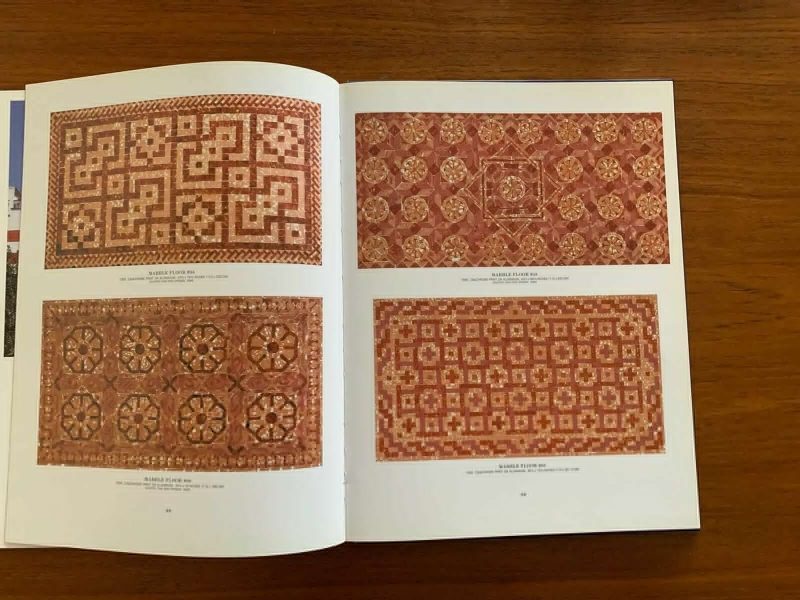Wim Delvoye: Cloaca – New & Improved 2002
Wim Delvoye: Cloaca – New & Improved
by Dan Cameron, Dieter Roelstaete, Dominique Laporte, George Bataille
Publisher: Rectapublishers. Hardcover. 1st Edition, Illustrated. English. 148 pages.
MINT Condition. FIRST eDITION.
Weight: 2.30 lbs. Release Date:February 2002
Dimensions:0.7″ x 9.1″ x 12.0″
Essays by Georges Bataille, Dan Cameron, Salvador Dalí, Milan Kundera, Domique Laporte, Gerardo Mosquera, Dieter Roelstraete, Peter Sloterdijk and Peter Bexte.
Asking USD$125.
Borrowing its name from the ancient sewer in Rome, Belgian conceptualist Wim Delvoye’s new and improved “Cloaca” is a room-sized shit-making machine whose bowels process two meals a day, serving up a mouthful of complex themes: scatalogy and disgust, high and low culture, man as machine and vice-versa, and the inversion of art semiotics. Many of these same concerns are processed in Delvoye’s other work, like the life-sized carved walnut replica of a cement truck, the wood cabinet stocked with 32 circular saw blades painted with scenes in Delft China blue, and a herd of pigs tatooed by Antwerp’s finest needle-men. Feces and other anal subjects are parsed in accompanying essays by such luminaries as Milan Kundera, Gerardo Mosquera, Dan Cameron, Georges Bataille and Salvador Dali.
Wim Delvoye (Belgian, b.1965) is a Neo-Conceptual and installation artist best known for his controversial work centered on the body and bodily functions. One of his most famous installations, entitled Cloaca, turns food into feces, which he collects and sells. His work has appeared in numerous solo exhibitions, including those held at the New Museum of Contemporary Art, in New York, NY; the Musée d’Art Contemporain, in Lyon, France; the Musee Rodin, in Paris, France; the Palais des Beaux-Arts: Centre for Fine Arts, in Brussels, Belgium; and the Musée du Louvre, in Paris, France. Delvoye lives and works in Gand, Belgium.
GEORGE BATAILLE:
